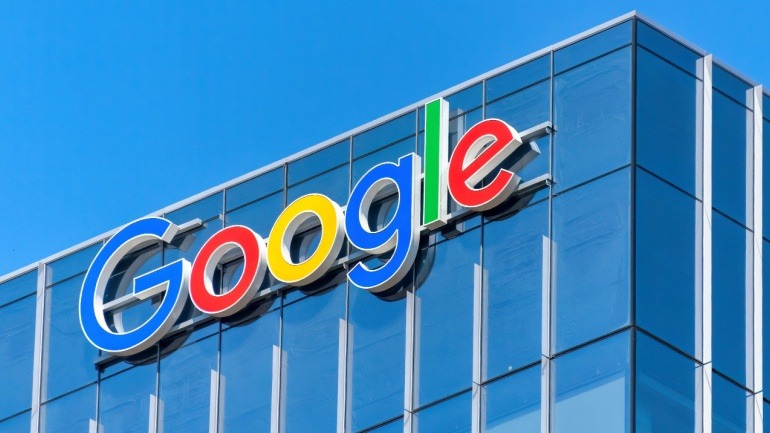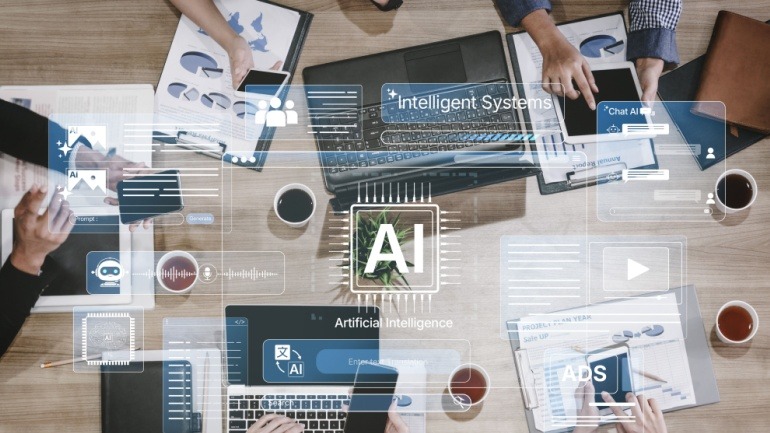Google has taken a pioneering step by signing an agreement with Kairos Power to utilize nuclear energy for powering its AI operations. This partnership marks the first instance of a tech company turning to nuclear power to meet its energy demands.
Although specific financial details and locations of these power plants remain undisclosed, the first nuclear reactor is slated to become operational by 2030, with further reactors expected by 2035. This shift intends to cater to the surging electricity demands driven by AI technologies. Nuclear power stands out for its reliable round-the-clock energy, significantly reducing carbon emissions, aligning perfectly with Google’s sustainability objectives.
Kairos Power’s nuclear technology emphasizes safety and efficiency. Their reactors utilize a unique molten-salt cooling system paired with ceramic fuel. This approach aids in swift construction and easy deployment. A demonstration reactor is already under construction in Tennessee, showcasing their commitment to innovation.
Integrating nuclear power forms just a part of Google’s commitment to enhancing clean energy tools. Historically, the company has invested in solar, wind, and geothermal technologies. Their ambitious goal remains to sustain all operations with carbon-free energy by 2030. Michael Terrell, Senior Director of Energy and Climate at Google, remarked, “Nuclear solutions offer a clean, round-the-clock power source that can help us reliably meet electricity demands with carbon-free energy every hour of every day.”
Notably, the demand for new energy sources has grown due to AI-driven advancements in science and business services. As these technologies advance, they underpin national competitiveness and drive economic growth. Thus, the embrace of nuclear energy not only supports operational needs but also sustains important economic initiatives.







